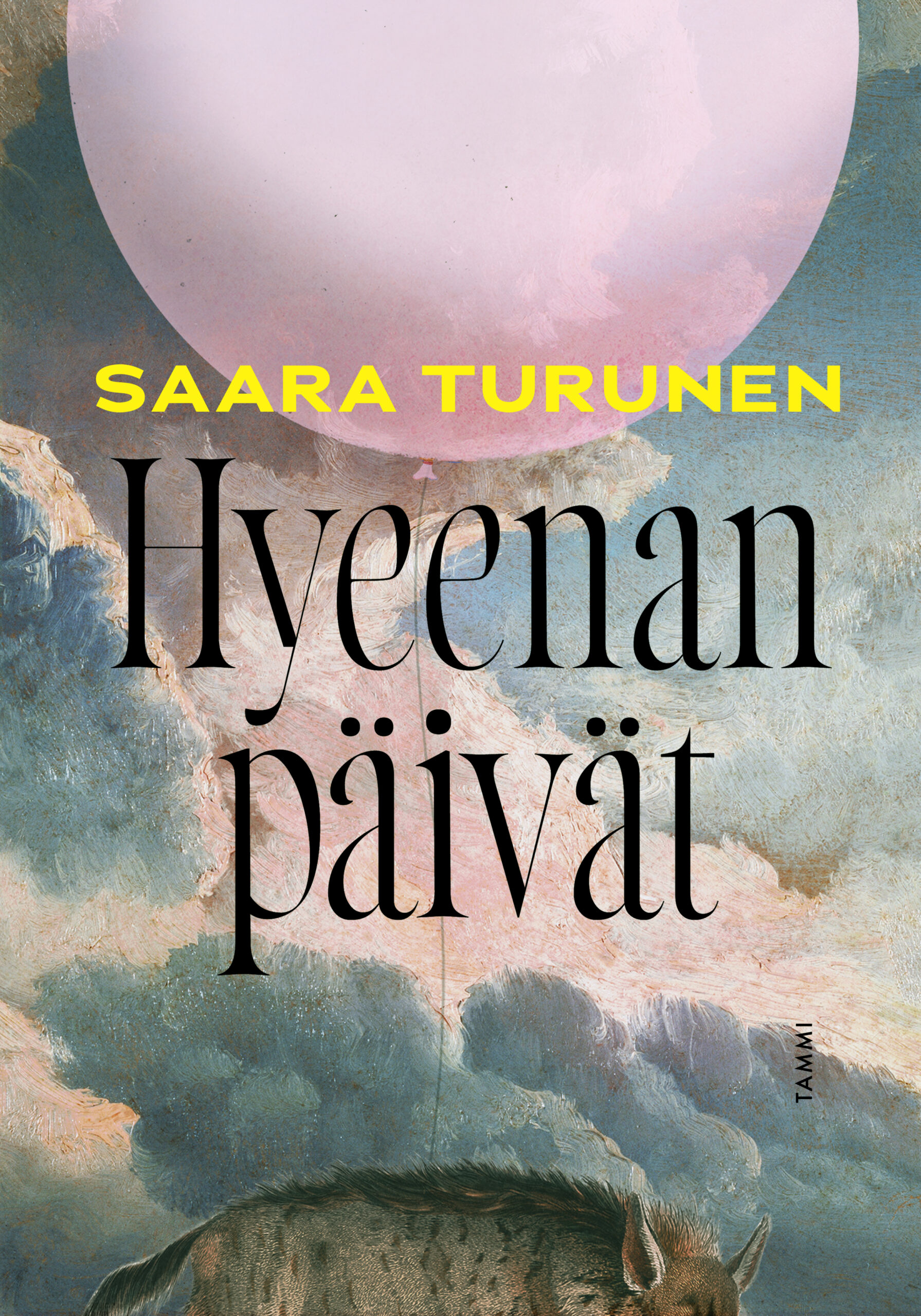Is it possible to have a child and retain one’s own identity?
“I had refused to believe that a life without a child would be empty; I had reassured myself that wasn’t the case, but now I’m forced to admit that maybe it is. There is a hollow in my life, it’s missing something.”
The protagonist, an artist, has dreamed about having a child for years. She and her husband try to get pregnant, but they face obstacles such as COVID-19 pandemic and the related lockdown, living in different countries, and unsuccessful IVF treatments. When their last effort bears fruit and the protagonist becomes pregnant, different contradictory thoughts and emotions such as fear, shame and horror come to her mind. Eventually, the child is born, and the protagonist finds herself in a new reality. Everything that had been important before now seems the opposite. Also, taking care of a child is not without its problems, leading the protagonist to feel inferior. Reason on one hand and animality on the other cause conflict in her life.
Hyena Days is a precise and straightforward story about childlessness and the contradictory nature of having a child. It depicts the hopes for a child and the unpredictability of procreation, the shame related to one’s body, and the demands placed on the female body. The novel delves into the incompatible ideas between artistry and motherhood but, above all, it depicts the physical dimension of human life.
Turunen handles the subjects of her novel both in a wistful and a light manner. The short and bright sentences paint precise observations of the contradictoriness of life, of dreams and them becoming fulfilled in a different way that has been imagined. The narration flows effortlessly and takes the reader to a fascinating world full of both personal and universal questions.

 Loukko by
Loukko by 